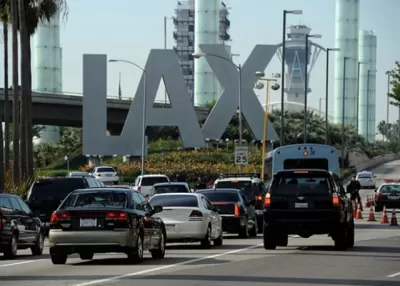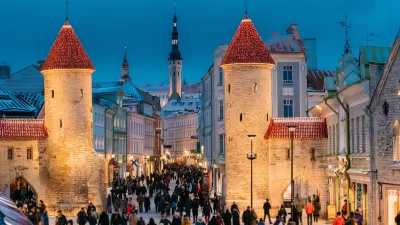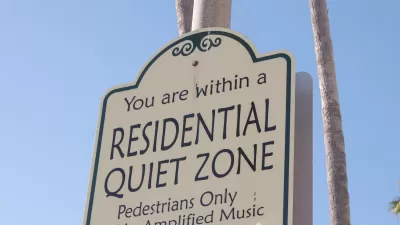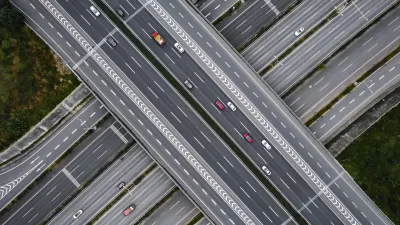It’s not just traffic collisions that kill—a new study from researcher at Rutgers finds that the loud noises emanating from cars has direct impact on heart health in Americans.

A recent study of New Jersey residents that finds car noise contributes to heart attacks, cardiovascular damage and higher rates of heart disease.
An article by Eve Kessler for Streetsblog USA shares news of the study, by researchers at Rutgers’s Robert Wood Johnson Medical School.
“The study used state data to look at almost 16,000 Garden State residents hospitalized for a heart attack in 2018. It found that the heart-attack rate was 72 percent higher in areas with a lot of transportation noise (cars, but also air traffic; Attention: Stop the Chop NYNJ), with fully 5 percent of hospitalizations for heart attacks traceable to elevated transportation noise,” writes Kessler.
“The ground-breaking study — which is among the first such efforts in the United States — aligns with several European studies and likely could be replicated in similarly dense, noisy urban areas.”
France is one of the few countries in the world with policies that work to curb excessive car noise. Earlier this year, French officials announced a plan to install “sound radars” to detect scofflaws. “According to a study by Bruitparif, a state-backed center that monitors noise in the Paris area, a modified scooter crossing Paris at night can wake as many as 10,000 people,” according to a New York Times article by Emma Bubola reporting the news in February 2022. Paris has banned most cars in an area of the city known as a zone apaisée, or quiet zone.
More details from the recent study, connected to the larger collection of findings on the ill effects of automobile dependency, are included in the source article below.
FULL STORY: THUNDER ROAD: Car Noise Stokes Heart Attacks, Study Finds

Trump Administration Could Effectively End Housing Voucher Program
Federal officials are eyeing major cuts to the Section 8 program that helps millions of low-income households pay rent.

Planetizen Federal Action Tracker
A weekly monitor of how Trump’s orders and actions are impacting planners and planning in America.

The 120 Year Old Tiny Home Villages That Sheltered San Francisco’s Earthquake Refugees
More than a century ago, San Francisco mobilized to house thousands of residents displaced by the 1906 earthquake. Could their strategy offer a model for the present?

Alabama School Forestry Initiative Brings Trees to Schoolyards
Trees can improve physical and mental health for students and commnity members.

NYC Outdoor Dining Could Get a Re-Do
The city council is considering making the al fresco dining program year-round to address cost concerns from small businesses.

HSR Reaches Key Settlement in Northern California City
The state’s high-speed rail authority reached an agreement with Millbrae, a key city on the train’s proposed route to San Francisco.
Urban Design for Planners 1: Software Tools
This six-course series explores essential urban design concepts using open source software and equips planners with the tools they need to participate fully in the urban design process.
Planning for Universal Design
Learn the tools for implementing Universal Design in planning regulations.
Ada County Highway District
Clanton & Associates, Inc.
Jessamine County Fiscal Court
Institute for Housing and Urban Development Studies (IHS)
City of Grandview
Harvard GSD Executive Education
Toledo-Lucas County Plan Commissions
Salt Lake City
NYU Wagner Graduate School of Public Service





























